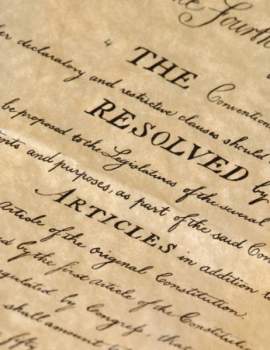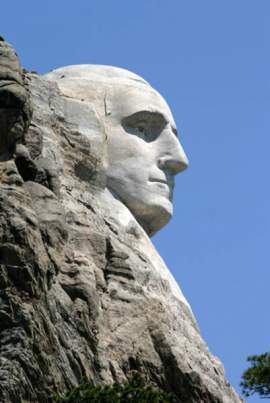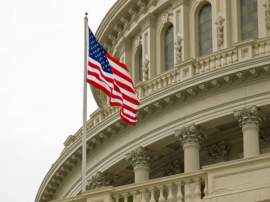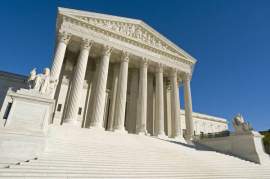
Who Is Benjamin Franklin
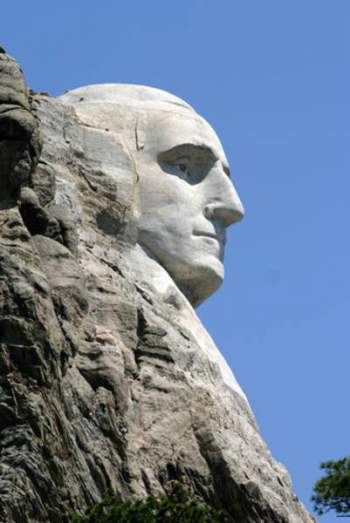
Popular In Constitution
Purpose Of Lifetime Appointment And Pros And Cons Enumerated Powers Bicameral Legislature Background Article 3 Of The Constitution We The People 1st Amendment Who Wrote The Constitution Judicial Review Equal Protection Clause 5th Amendment 10th Amendment Three Fifths Compromise
A true renaissance man, Benjamin Franklin was an acclaimed inventor, author, political theorist, soldier, diplomat, scientist, and Founding Father to the United States of America. Franklin's contributions to American society are seemingly endless. However, the role he played in constructing the Constitution, aiding in the revolution against Britain and establishing America as a free and unique nation should be enlightened.
Benjamin Franklin stands alone as the only Founding Father to have signed all four historical documents relevant to the creation of a sovereign United States of America: The Declaration of Independence, The Treaty of Alliance, the Treaty of Peace between England, France, and the United States (1782), and the Constitution (1787).
Although Benjamin Franklin played a substantial
role in the development of America's Constitution and the establishment of the
country, many believe that his greatest achievements were accomplished overseas
as a diplomat. During the late 1740s and early 1750s, Franklin quickly shot up
the political ranks.
Franklin began as a councilman in 1749, then a Justice of the Peace a year after, and shortly thereafter an assemblyman in 1750. From 1751-1764, Franklin served on the colonial's Legislature and produced weekly publications that focused on everyday matters such as the weather, astrology, science, the importance of philanthropy, and news.
Although he
was an overwhelming voice of the people, Benjamin Franklin was rarely
boisterous or aggressive towards the British rule. As a result of his numerous
contributions, Franklin was widely respected among all world leaders and
governments. When the controlling Monarch attempted to unjustly tax American
settlers, Franklin did not lead in revolts like his other Founding Fathers, but
instead, simply told British leaders that their taxation models were frivolous
and would not be followed.
As the British Parliament grew more desperate
their actions grew more aggressive. Franklin, through satires and publications,
became a leader in unifying the states against British rule. The cartoon of a
snake cut into many pieces, which was published by Franklin, became a symbol of
America's need to unite and rebel. The severed snake represented a superstition
that was not true. Snakes cut into many pieces did not regenerate or come back
to life. Settlers adopted this illustration as a reminder of the dangers
imposed through separation.
Benjamin Franklin's most critical role in terms of
the Constitution and establishment of America came when he convinced the French
to join sides with the colonists and fight against the British Army. Without
French support, specifically naval aid, the Revolutionary War would have been
extended indefinitely and perhaps impossible to have won.
Franklin
successfully persuaded the French inclusion in the Revolution by claiming that
the British would be too powerful and a global power if they defeated the
United States. The French eventually agreed and in addition to fighting
alongside colonials, also supplied food and military equipment to the states.
Franklin grew popular in France and eventually moved there and acted as a
necessary diplomat between the French and Americans.
Franklin's imaginative and ingenious thoughts were
viewed as both brilliant and revolutionary among his peers. Blessed with a
cunning whit and a brilliant mind, Franklin was quickly seen as the perfect
choice to represent Colonial America in its foreign affairs.
When the Constitution was signed Franklin was physically there, but due to illness and old-age, opted to play only a minor role in the creation of thought behind the document. Franklin served as editor to the Amendments, oftentimes delegating tasks to other prominent leaders. Along with inventions and the discovery of electricity, Franklin's contributions were primarily constructed overseas in the form of peace treaties between Britain, France, and the newly established United States of America.
NEXT: Founding Fathers




